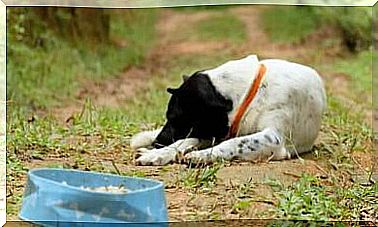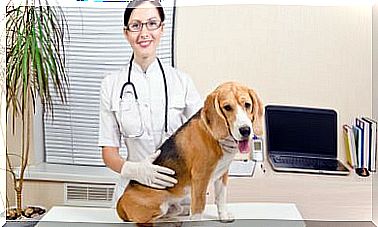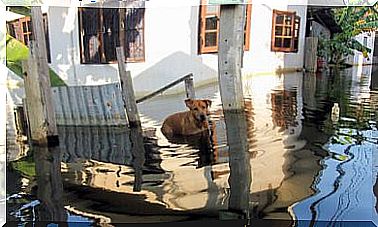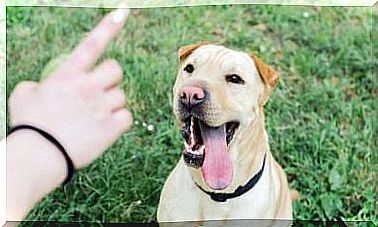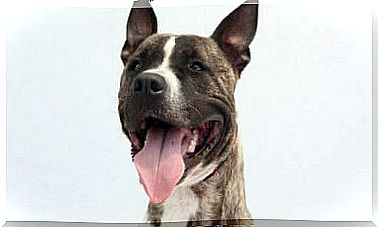Dog Vaccines And Their Importance To Health

When a dog comes into your life, whether a puppy or an adult, you must know that you are taking responsibility for taking good care of him. It is that, among many other issues, you must take care of your health. That’s why today we bring you information about dog vaccines and the importance they have for preventing infectious diseases in your pets that, in some cases, can also affect humans.
Learn about the importance of dog vaccines
Let’s assume that dog vaccines are as important as the vaccines we give ourselves. That is why it is necessary to comply with the vaccination schedule, which also emphasizes puppies.
Vaccinating a dog can make the difference between life and death for the animal, as this is the way to prevent it from developing some serious infectious diseases. For example:
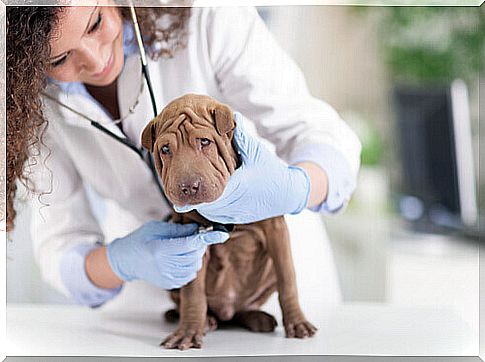
- Distemper
- parvovirus
- canine parainfluenza
- bordetella
- canine hepatitis
- leptospirosis
- Anger
Keep in mind that the last two diseases mentioned can be transmitted to humans.
So, ask your veterinarian to tell you about the vaccination schedule for your furry and to clear all your doubts about it.
Points to consider before vaccinating a dog
But before vaccinating your furry, you must ensure that it is in good general health, so it is necessary to have a check-up on the pet. Please note that the dog should not be vaccinated if:
- Has not been previously dewormed.
- You are experiencing some infectious disease.
- You suffer from allergies or some other type of immune disorder.
- He is weak for several reasons.
Consider that vaccines, in general, contain weakened viruses so that the puppy’s body learns to identify and defend against them. That’s why, at the time of application, the animal must have strong defenses.
Possible reactions after vaccination
You should be aware that your pet is likely to experience some type of reaction after these vaccines have been given. Reactions can be immediate or appear within 48 hours. For example:
- Inflammation
- vomiting
- Edema
These “side effects” are more likely to go away a few hours later. But, before the slightest doubt, consult your veterinarian.
Some details on the application of dog vaccines
In the case of puppies, for a correct immunization, it is necessary to perform a second and, in some cases, a third application of the vaccines in the first 15 weeks and then revaccinate at the end of a year.
After this period, the veterinarian will determine if the furry should continue receiving reinforcements, according to the characteristics of the animal and the region in which it lives.
Keep in mind that a puppy that has not completed its proper immunization should not leave the house or come into contact with other animals, as it is at serious risk of becoming ill. This is due to the fact that the animal is going through a period in which it is losing the defenses it had received from its mother through the milk and its own system still cannot protect it. So extreme care.
Take responsibility for vaccinating your furry
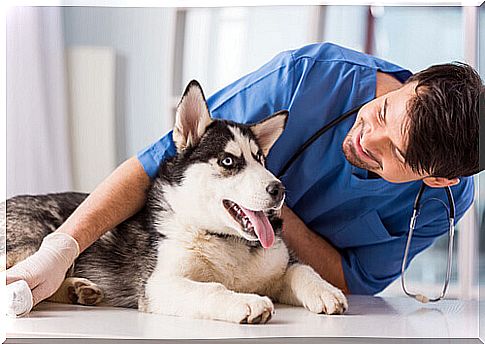
In summary, canine vaccines are essential to prevent the many infectious diseases that your pet can contract and that, in cases such as rabies and leptospirosis, can also infect humans.
Therefore, do not shirk this responsibility for your furry and stick to the vaccination schedule to the letter.
And, as we always repeat, consult a veterinarian to eliminate any doubts that may arise in this regard. When your pet’s health is at stake, it’s always better to have more information than not.
